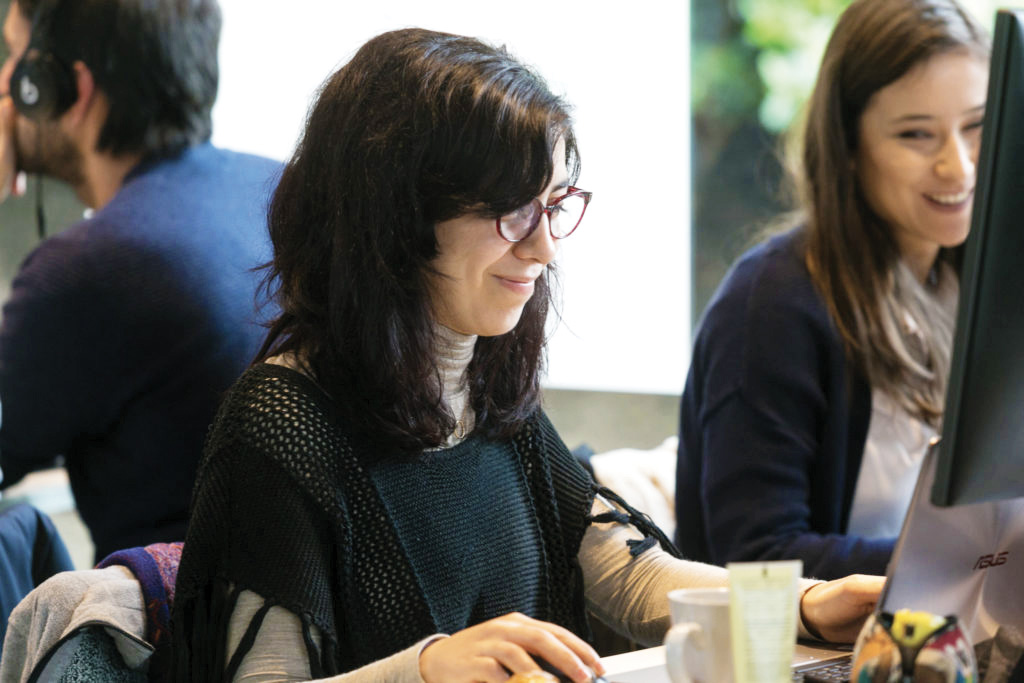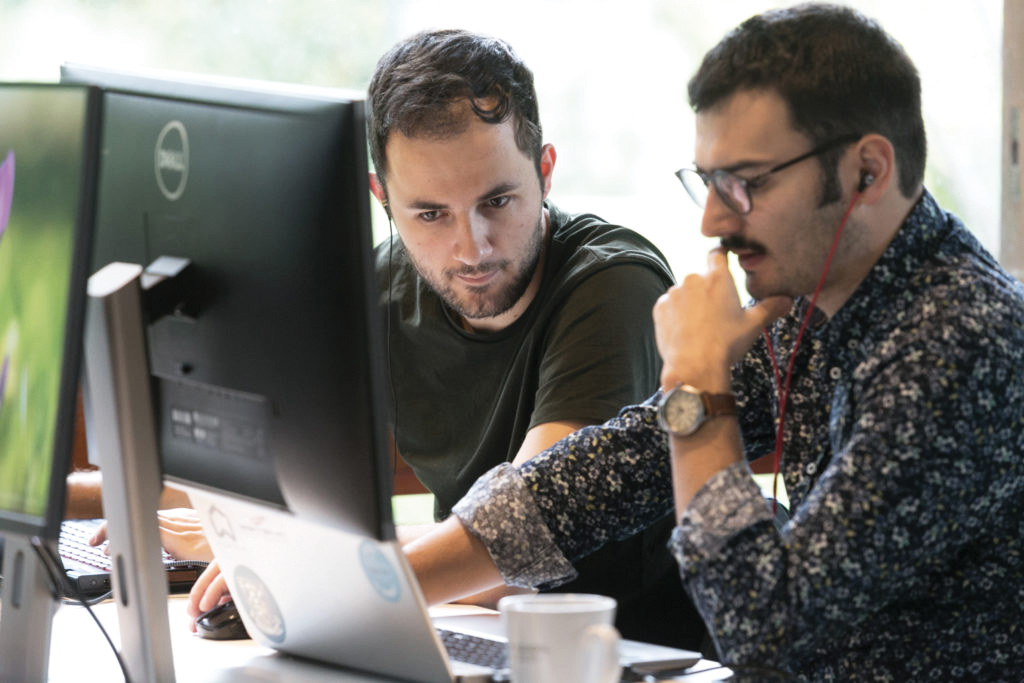AI4EO Challenge with PI school
The Pi School is a next-generation school focused on building a better future through technology and creativity. The Φ-lab brought two EO challenges to Pi school to be developed over the course of eight weeks. The projects exploited free and open data from Europe’s Copernicus satellites, whose data is useful for a range of applications in various domains, from climate change to urban planning. Both projects demonstrated new aspects of the use of AI in terms of climate change and sustainability.
The first challenge addressed the agriculture sector and aimed at developing a proof of concept that will help monitor the crop fields all over Europe. The proof of concept, “SmartCrop”, was the result of work carried out during the eight-week programme. It aims at distinguishing different types of field crops contains (soybean, wheat, corn, etc.) using satellite images and deep learning techniques. Crop classification served as a starting point for several use cases related to improving the current state of the art in the field of agriculture by using AI. Adding space-based observation data to traditional crop-forecasting models enables more accurate harvest predictions and helps farmers to monitor the health of their crops and plan deployment of fertilisers.
Another challenge, also sponsored by Φ-lab was to explore the available solutions that will enable countries to to monitor emissions and improve adaptation and mitigation efforts – through air pollution forecasting. This eight-week challenge aimed at predicting levels of air pollution and air quality, through mathematical simulations of how pollutants dispersed in the air. This downscaling air quality forecast used Copernicus Atmosphere Monitoring Service (CAMS), and Sentinel-5P, to create a weather-forecasting model developed with deep-learning techniques.


